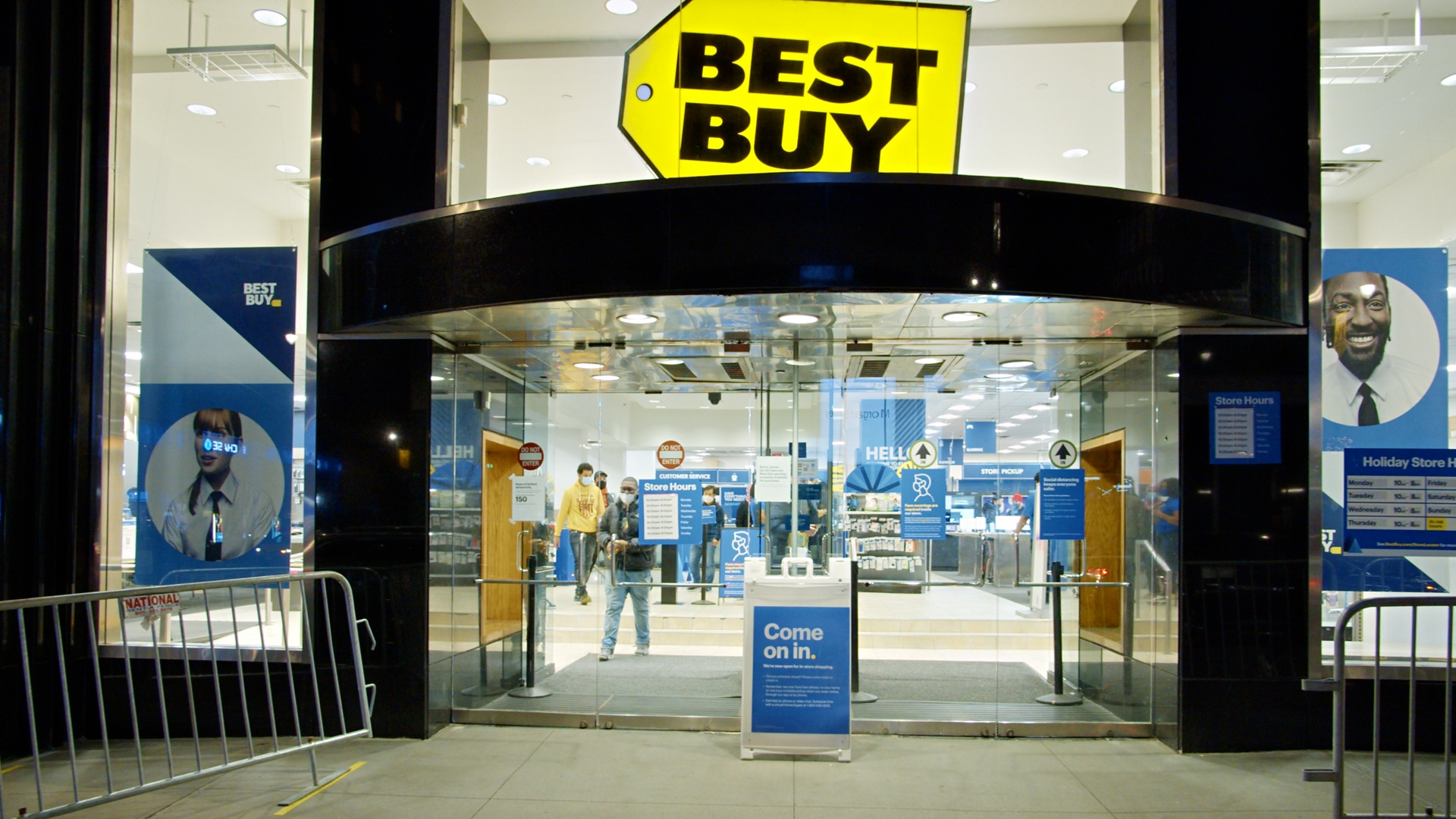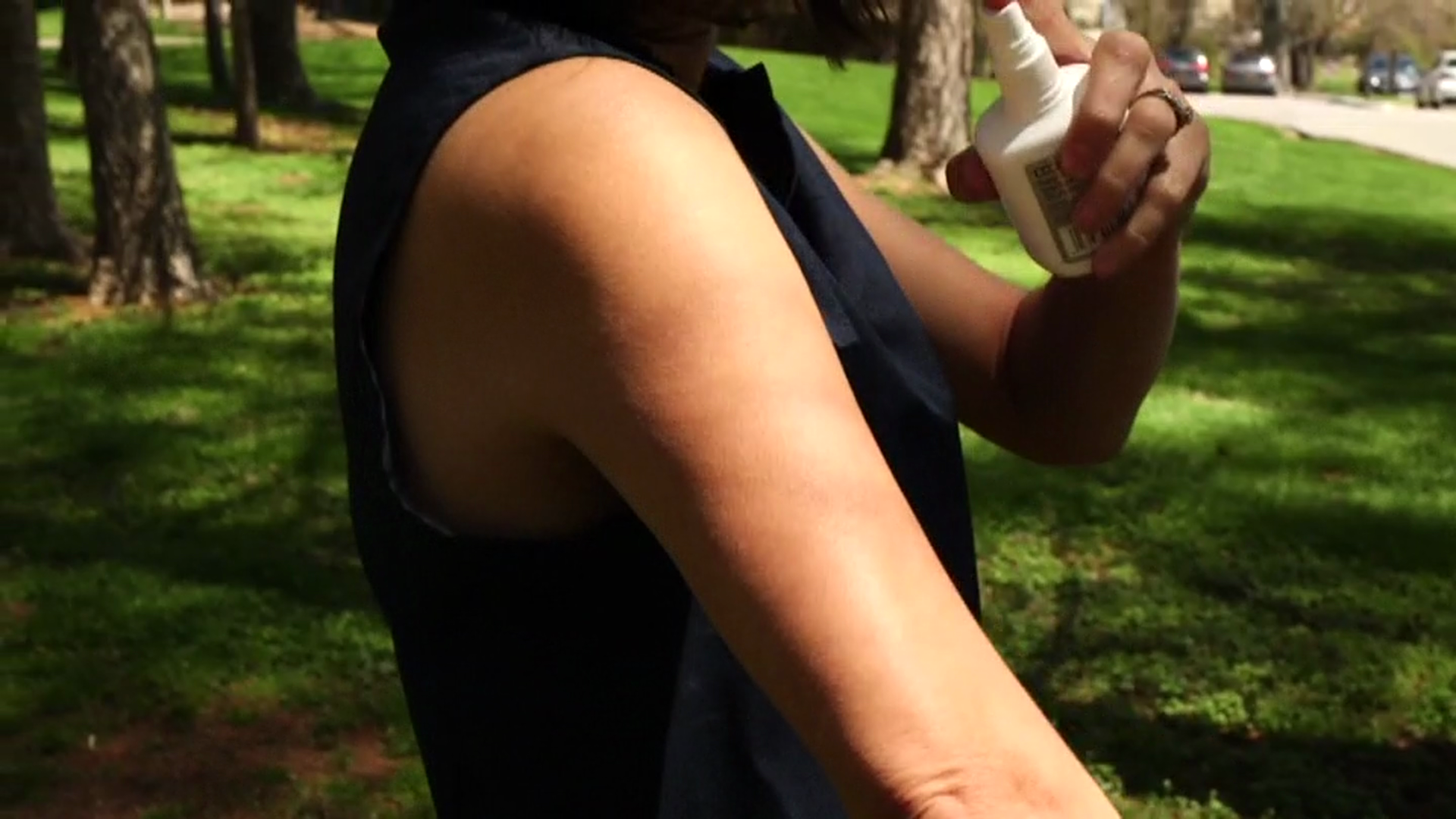Spring has officially sprung, and for some people that means not only spring-cleaning their homes but their bodies as well — with juice cleanses. Juicing involves consuming only extracted juice from fruits and vegetables for a couple of days. Also known as juice detoxes, they pledge to shed pounds and flush toxins. But do they work, and are they safe? Consumer Reports investigates the pros and cons of a juice cleanse.
A five-day cleanse can cost anywhere from $125 to more than $400, promising to make you feel and look better, and have more energy — some retailers even deliver cleanses right to your door.
If you think about it, it makes sense. If you’re not eating a lot of fruits and vegetables and suddenly start drinking them, that burst of nutrients might feel really good.
But Consumer Reports says although juicing makes some people feel good, there’s no scientific evidence that says it’s actually good for you.
Get DFW local news, weather forecasts and entertainment stories to your inbox. Sign up for NBC DFW newsletters.
The natural sugars in juice can be digested very quickly, and that can cause your blood glucose levels to spike. That can give you a burst of energy.
While juicing can help shed pounds — due to lower caloric intake — Consumer Reports says it’s probably short-term water-weight loss, not fat, and is likely to return.
Consumer News
And what about the promise of detoxification? Your body already detoxes itself — it uses your kidneys, liver, and digestive tract to do the job. Nutrients from fruits and vegetables can help with that. But juicing leaves fiber behind, and fiber is key for a healthy gut.
If you’re thinking of joining the juice-cleansing trend, Consumer Reports says make sure to consult with your healthcare provider first, especially if you have any kind of health condition.




